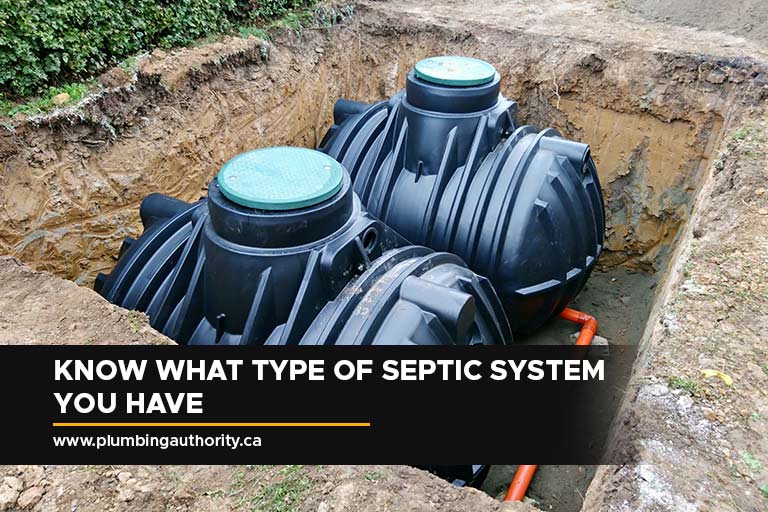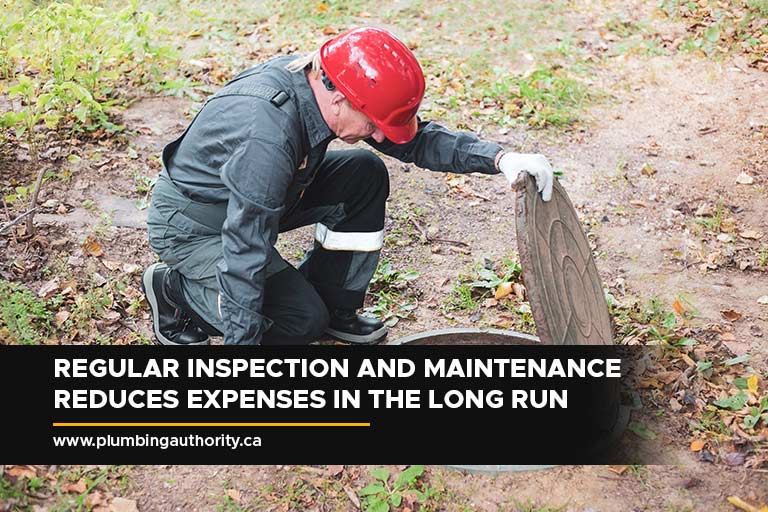
Relying on a septic system for your Violet Hill home means understanding how its health affects your property and the surrounding environment. Failing to keep up with regular septic tank pumping can bring a host of problems — foul odours, slow drains, sewage backups, and the threat of a complete system breakdown. Don’t let it reach that point! Staying proactive with pumping your septic tank is a wise investment, both for your immediate comfort and for avoiding the high price tag of major repairs.
Here’s a guide to everything you need to know about septic tank maintenance, emphasizing cost-saving strategies that help you get the most out of your budget. We’ll delve into understanding what kind of system you have, how to reduce pumping costs, and maintenance tips to keep things running smoothly long-term.
Understanding Your Septic System

Know what type of septic system you have
Let’s start by outlining the different septic systems and how their design influences your maintenance needs:
- Types of Systems:
- Conventional Gravity System: The most common septic system separates wastewater into three layers: solids, liquids (effluent), and fats, oils, and greases (FOG). Solids decompose at the bottom, while effluent flows to a drain field for treatment. The FOG layer floats to the top, and regular pumping prevents accumulation and clogging. This system relies on natural gravity to separate wastewater effectively.
- Mound System: A mound system is a raised drain field used in areas with poor soil drainage or high water tables. It consists of layers of sand, gravel, and topsoil, and wastewater from a septic tank is pumped to the mound for treatment. However, due to pumping, mound systems require more frequent maintenance than gravity systems.
- Aerobic Treatment Unit (ATU): Aerobic Treatment Units (ATUs) are advanced systems that use oxygen to accelerate wastewater solids decomposition. These units use a tank with a compressor to inject air into wastewater, promoting aerobic bacteria growth. These bacteria break down solids more efficiently than anaerobic bacteria in conventional septic tanks. The treated effluent is disinfected and discharged. However, ATUs require more maintenance and higher operating costs than gravity systems.
- Pumping Frequency:
-
- Tank Size: This is a simple concept – a larger tank has more capacity to hold solids and liquids before needing to be pumped. A 1,000-gallon tank will fill up much faster than a 1,500-gallon tank assuming they’re treating the same amount of wastewater.
- Household Size: The number of people living in the home directly affects how much wastewater is entering the septic tank. A larger household with more showers, laundry loads, and toilet flushes will contribute to a faster buildup of solids in the tank.
- Wastewater Composition: What goes down your drains matters. Garbage disposals grind up food scraps that can contribute to solid waste buildup in the tank. Harsh chemicals can kill the beneficial bacteria that break down solids in the tank. And non-biodegradable items like dental floss, cigarette butts, and feminine hygiene products don’t decompose in the tank and can quickly clog the system. Being mindful of what you put down the drain can significantly extend the time between pumping needs.
Cost-Saving Strategies
Septic tank pumping doesn’t have to be a budget buster. Here’s how to make it more affordable:
- Compare Prices: Don’t assume all septic companies charge the same. Get detailed quotes from several providers, comparing not just the base price for pumping but also inspection fees, potential travel costs, and any additional services included. Ask if there are surcharges for after-hours or emergency calls.
- Scheduled Maintenance: Think of a maintenance contract as an insurance policy for your septic system. It encourages proactive care with routine inspections by a professional who can spot issues before they become expensive problems. Discounts on pumping and priority emergency service sweeten the deal.
- Pump During Off-Seasons: With lower demand in winter and late summer, septic companies might be more willing to offer better rates to fill their schedules. Plus, you might find their availability more flexible, which means working around your own busy calendar.
- Inspect Before Pumping: If you’re not sure if your tank needs pumping, schedule an inspection first. Inspections are less expensive than a full pump-out, and they can ensure you’re only paying for services you truly need.
- Tank Risers: Tank risers are a smart investment. They eliminate the time and labour septic companies spend digging to access your tank’s lid each time it’s pumped. This translates into potential savings on future service calls, especially if your tank is buried deep.
Proactive Maintenance Tips

Regular inspection and maintenance reduces expenses in the long run
Smart daily habits go a long way in keeping your septic system healthy and less prone to needing emergency pumping:
- Water Conservation: Reducing overall water usage lessens the volume going into your septic system. This gives solids more time to settle, slowing down buildup, and it lessens the load on your drain field, helping it work optimally for longer.
- Avoid Flushing Non-Biodegradables: These items aren’t meant to break down in your tank. They contribute directly to clogs that might need urgent pumping and can even make their way into your drain field, causing extensive damage.
- Proper Garbage Disposal Use: Grease coats pipes and solidifies, trapping other waste and causing backups. Composting keeps food waste out of the tank. Harsh chemicals kill essential bacteria needed for decomposition, making the tank work less efficiently.
- Protect Your Drain Field: The drain field is where treated wastewater filters back into the soil. Compacting the soil hinders its ability to absorb, which can cause backups, foul odours, or even force premature replacement.
- Plant the Right Vegetation: Invasive roots can break into tanks or pipes, causing leaks or blockages. They can also disrupt the distribution of effluent in your drain field compromising its effectiveness. Shallow-rooted plants pose the least risk.
- Regular Inspections: Like any system, small problems with your septic tank are easier and cheaper to fix early on. Inspections catch potential issues before they turn into costly emergencies requiring immediate (and expensive) pumping.
- Bacterial Additives: There’s some debate over whether these are universally helpful. The EPA acknowledges potential benefits with responsible use, but overuse can be detrimental. It’s best to get advice specific to your system from a trusted septic professional.
Septic systems are robust, but neglect leads to disaster. Don’t risk damage to your property and health because of delayed pumping. Utilize these cost-saving measures and make preventive maintenance part of your homeowner routine. For affordable and reliable septic services in Violet Hill, contact Plumbing Authority at (647) 992-7473 – let us protect your system and your wallet!




